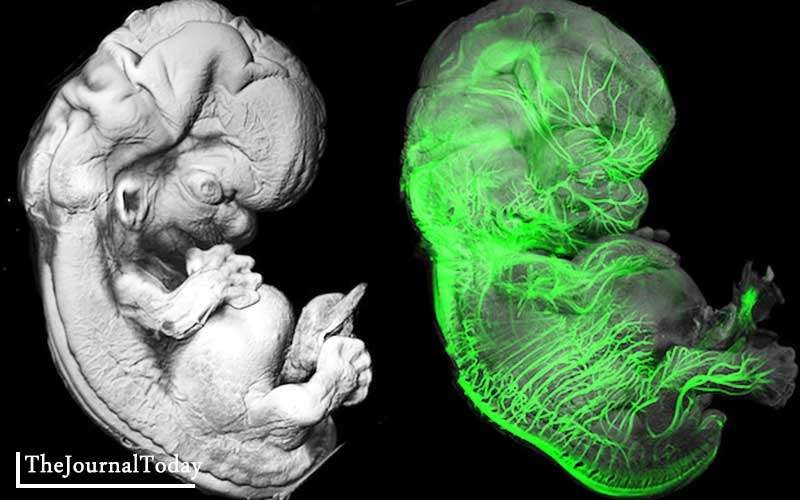China modifying embryos: He Jiankui, the scientist who triggered global controversy last year when he claimed to have created the world’s first “gene-altered” children. A Chinese court has sentenced He Jiankui to three years in prison for violating medical regulations.
Jiankui startled the scientific community when he announced at a conference held in Hong Kong that he had created genetically modified twin sisters, titled Lulu and Nana and that a third child was on the way.
The court in Shenzhen found Jiankui guilty of “illegal medical malpractices.” In addition to the prison sentence, the court fined Jiankui 3 million yuan, which is USD 430,923, according to the state news agency Xinhua. The other two members of Jiankui’s research team received a notch under fines and sentences.
The court said in China modifying embryos,
“The three accused did not have the proper certification to practice medicine, and in seeking fame and wealth, deliberately violated national regulations in scientific research and medical treatment,”
according to Xinhua.
“They’ve crossed the bottom line of ethics in scientific research and medical ethics.”
Jiankui said he used a gene-editing procedure known as “Crispr-Cas9” to rewrite the DNA in the girl’s embryos. The scientist claimed the modification would perhaps make the children immune to HIV by turning a gene called CCR5 into a mutant form that prevents the virus from invading cells.
The shocking revelations by the court suggest that they found evidence of forged documents from the ethics review panel that were used to recruit couples for the research conducted by He Jiankui. The couples that enrolled had a man with HIV and a woman without and were offered In vitro fertilization (IVF) in return for taking part.
Zhang Renli, a team member of Jiankui’s research, was sentenced to two years in prison and fined 1 million yuan. The other colleague of Jiankui, Qin Jinzhou, received an 18-month sentence, but with a two-year reprieve and a 500,000 yuan fine.
He Jiankui conducted a total of seven experiments on seven individual embryos in late 2018; this carried shockwaves through the medical and scientific world. The work was swiftly condemned for deceiving vulnerable patients and using a risky, untested procedure with no medical justification. The MIT Technology Review released excerpts from an early manuscript of Jiankui’s work. It casts serious questions his claims to have made the children immune to HIV.
The HIV penetrates cells by latching on to a protein encoded by the CCR5 gene. However, a small percent of people carry a natural mutation that the virus cannot attach to, enabling them to be effectively immune to the disease. Jiankui attempted to recreate this mutation by rewriting the DNA in the embryos that the couple donated.
Fyodor Urnov, a researcher at the University of California, Berkeley, told MIT Technology Review that Jiankui’s claim to have recreated the CCR5 mutation was “a deliberate falsehood.” Instead, the team created new mutations in the target gene and elsewhere in the genome, so the consequences of which are unknown.
As the scientific community turned against Jiankui, the scientist proudly defended his work and said he was proud of having created Lulu and Nana. The third child who has been born is the result of the experiments.
Robin Lovell-Badge at the Francis Crick Institute in London said,
“It is far too premature for anyone to pursue genome editing on embryos that are intended to lead to pregnancies. At this stage, we do not know if the methods will ever be sufficiently safe and efficient, although the relevant science is progressing rapidly, and new methods can look promising. It is also important to have standards established, including detailed regulatory pathways, and appropriate means of governance.”
These aspects are being looked at by the Academies Commission and by a WHO committee, both of which are due to report in 2020.
